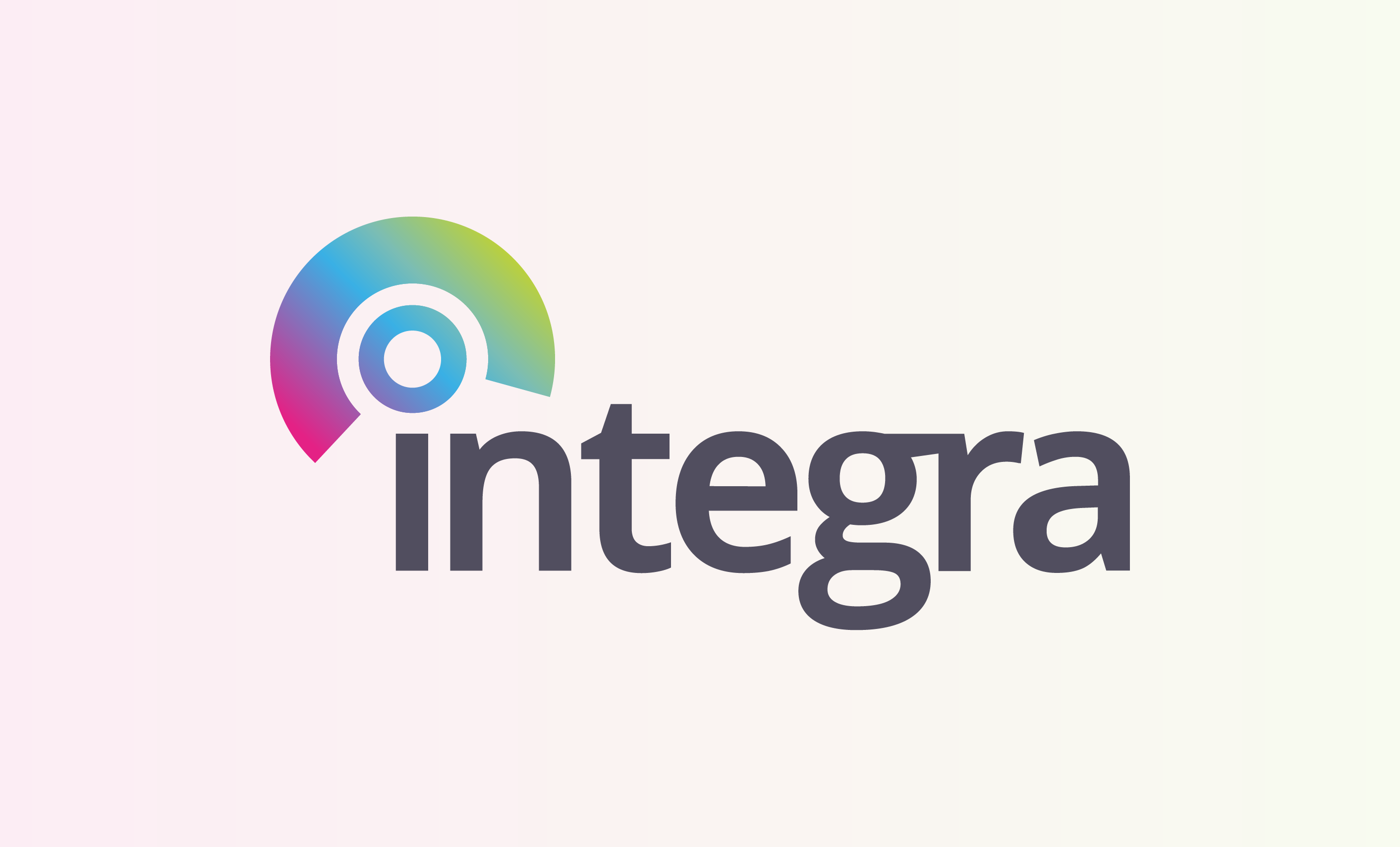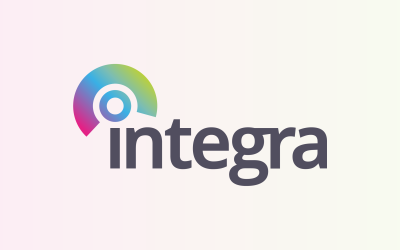The three most popular categories of jobs are: permanent, temporary and contract work, and each boast their own range of advantages. Understanding the difference is vital for knowing what you want when applying for jobs.
Temporary and contract assignments often use interchangeable language, and the different language used may just describe the length of employment, and the significant differentiator in a contracts compared to permanent work is your own employment status with a client/employer.
If you are still thinking, ‘what is the difference?’, or wondering which one you should choose, read on to find out the differences and advantages of each:
Temporary
Some clients require a member of staff to work with them on a flexible basis, and when you work in a temporary position, there will be an end date for the period of employment. Typically temporary assignments can be for illness cover, increased workload cover and maternity/paternity cover.
For many, one of the main benefits of this work is the flexible hours, as you may only be required to work 1-2 days a week, or for a specific period each day, which enables you to maintain other commitments such as childcare or studying.
Doing temporary jobs means you can try out different roles in different settings to determine what line of work you are suited to and to build up your experience. Working like this means you meet a wide range of people and can network, which is ideal for when you need help finding another job.
According to the Agency Worker Regulations that came into effect in 2011, temporary workers are eligible to receive equal treatment after 12 weeks in the same job with the same client. Many temporary employees go on to be employed as permanent members of staff.
Contract
Clients sometimes require specialists for the completion of a particular project or task or during a busy period. The work may not always be defined by a period of time, but by the successful achievement of the specified objectives.
With contract work, contractors are usually paid a fixed rate of pay and pay for a contractor can be up to three times the amount of a permanent employee due to their flexibility. You may be self-employed, or an employee that works for a client and is employed by an agency.
Similar to temporary jobs, other benefits of contract work include being able to sample many different roles and employers, networking opportunities and the opportunity to consistently develop on your skills and experience in your field.
After completion of the task, the contractor will leave the company, however once one contract comes to an end it is usually easy to start another one quickly.
Permanent
Some clients require members of staff who can work with them on a permanent employment contract. If a permanent position is offered to a candidate, it will be a long-term role and it will only end where the employee wishes to leave.
A permanent job is ideal for those who want a strong feeling of job security, the chance of career progression and regular income. Some people feel more comfortable being in a job for a long time and prefer to develop their skills within one company.
Many people also enjoy high job satisfaction from building long-term relationships with colleagues, and being able to see progress and results of the work they put in.
Permanent employees are also entitled to all benefits offered by the employer, for example bonuses, maternity leave, paid holidays, sick leave, pension scheme, and health care.
It is a good time for choice within the job market, so if you are not sure about which route to go down, you are in a strong position. If you need any further information about job types or would like to find out what roles are available to you, please contact Integra People on 01925 838 600 or email contact@integrapeople.com.


